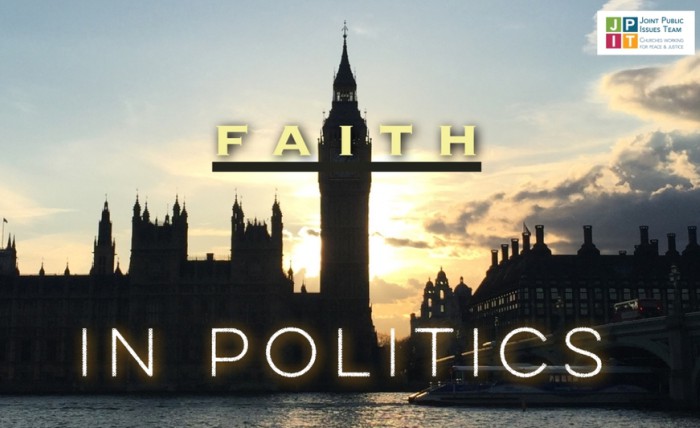'Gambling is a public health issue'
A group of Churches and faith-based organisations including the Baptist Union of Great Britain has welcomed the Government's announcement of a consultation on proposals for changes to gaming machines and social responsibility measures – but has warned that the range of options presented for a maximum stake for fixed-odd betting terminals is too wide

The Government consultation suggests an upper limit of £50, half of the current maximum stake, but the churches and faith-based organisations would like to see a £2 maximum. They also ask the Government to view gambling addiction as a public health issue.
In a statement, the Salvation Army, the Church of England, the Methodist Church, the United Reformed Church, the Baptist Union and the Church of Scotland, CARE, the Evangelical Alliance and Quaker Action on Alcohol and Drugs said:
‘Fixed odds betting terminals (FOBTs) present serious problems in society and for local communities, families and individuals. Evidence links them to patterns of addictive behaviour, large financial losses and anti-social and criminal behaviour. While we welcome the Government's consultation, anything approaching an upper limit of £50 would not go far enough to reduce the negative impact these machines can have on individuals, families and the wider society.’
'Not only is there a major challenge presented by FOBTs, there are also wider issues associated with gambling that require serious political commitment to address.
‘We stand by the belief that the maximum stake on fixed odds betting terminals must be radically reduced from the current maximum stake of £100. We believe that this will help to reduce the potentially enormous financial loss that some people experience, and therefore the consequences including debt, depression and crime. Most of us are committed to a £2 maximum.
‘We urge the Government to view gambling addiction as a public health issue. The Department of Health must engage with gambling addiction strategically, at the levels of both prevention as well as treatment for individuals.
‘Evidence showing that problem gambling causes harm to a disproportionate extent in disadvantaged areas and amongst ethnic minorities. Local authorities must be empowered to combat the increase of gaming machines and their clustering in disadvantaged areas.
‘There is also evidence of a strong association between problem gambling and online play. In this context it is very important that the long awaited multi-operator self-exclusion system for online gambling, first promised by the Government in March 2014, is now implemented as quickly and as robustly as possible.
‘We are profoundly concerned about the marked growth in gambling advertising and urge the Government to adopt a 9 pm watershed, which includes the promotion of gambling through sports events.’
Baptist Times, 31/10/2017